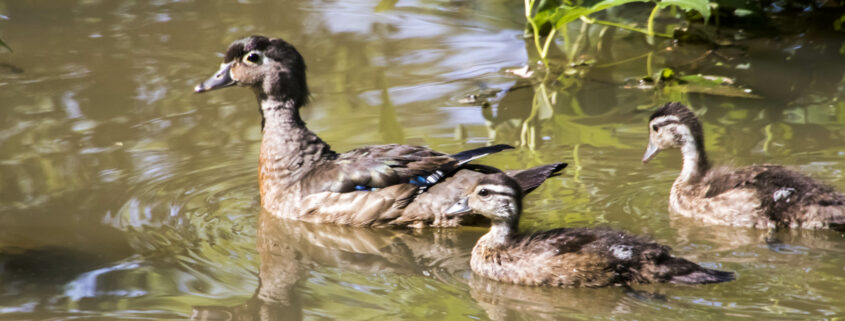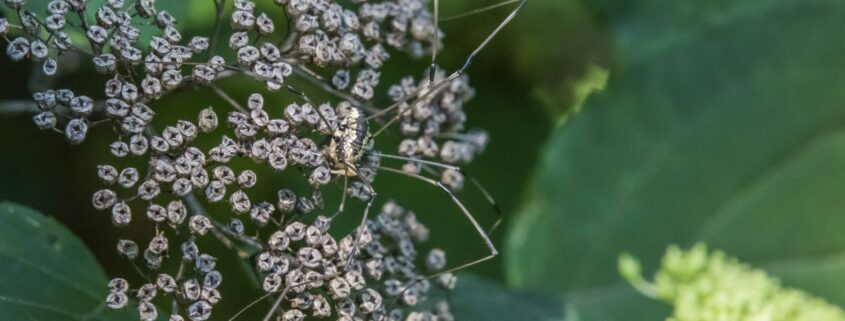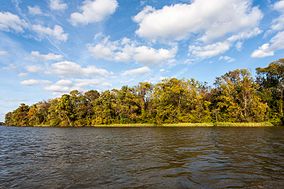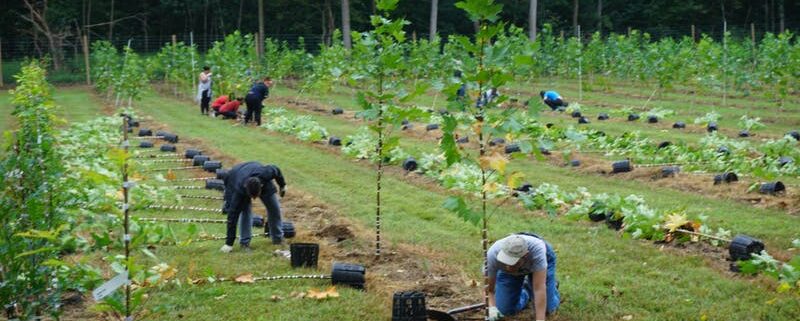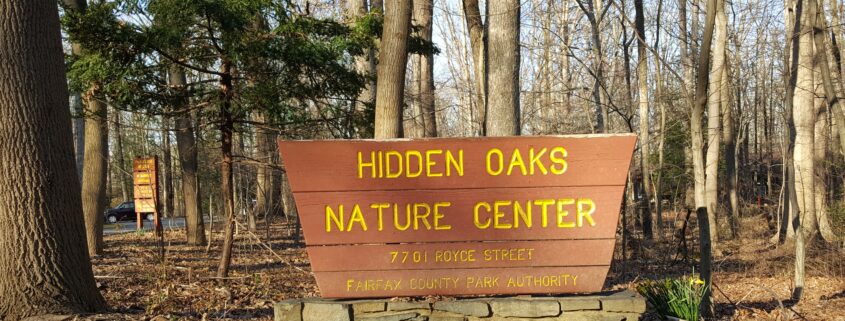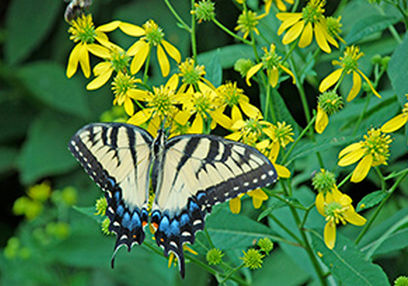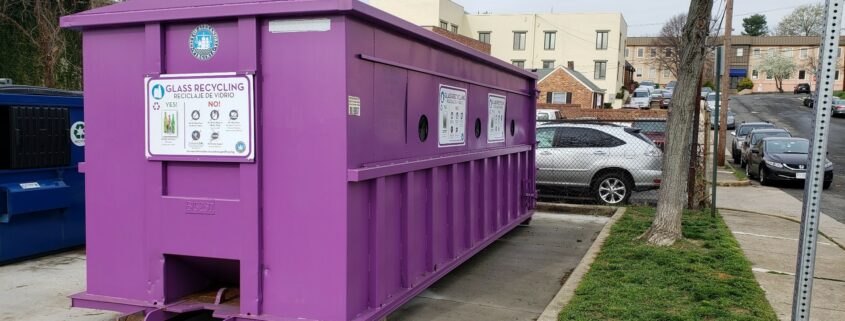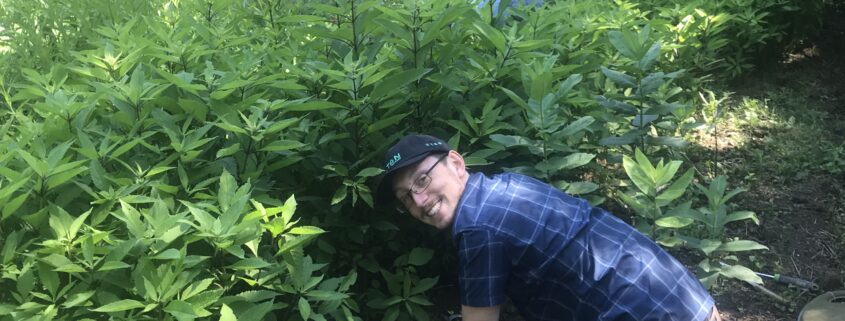Fundamentals of Avian Biology: The Study of Birds, Fall Session (6 classes)
Classroom Instruction:National Wildlife Federation
11100 Wildlife Center Drive, Reston, VA 20190
Thursdays, 7:00 – 9:00PM; Oct. 3, 10, 17; Dec. 5, 12, 19
Field Trips: October 12; December 14 (location TBD)
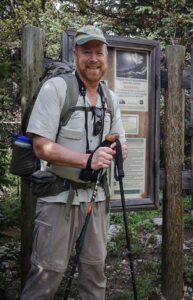
Dr. Chris Haney, Founder and President of Terra Mar Applied Science
Limit: 30 students. Don’t delay, this class will sell out quickly.
Fee: $250 members, $275 non-members
Audubon Society of Northern Virginia is pleased to present this in-depth course about birds, designed for all skill levels. Experienced birders and novices will improve their understanding of birds and birding skills through classroom sessions and field trips.
Fundamentals of Avian Biology: Fall Session, will feature close scrutiny of the modern theory and field methods used to interpret the life of birds. Topics to be covered will encompass basic avian biology, life histories, evolution, behavior, ecology, geography, migration, and human socio-cultural relationships. Whenever appropriate, contrasting perspectives will be offered, including some controversial views, and distinctions made between different historical approaches of professional ornithology and birding. Classroom presentations will include PowerPoint slides, auditory or video supplements, and some participatory exercises.
Instructor: Dr. Chris Haney’s expertise straddles the fields of ornithology, including: marine science, climate change, wildlife biology, ecosystem management, and conservation policy. His projects and scholarly work have taken him to Mexico, Guatemala, Belize, Jamaica, Dominican Republic, Puerto Rico, Cuba, the Bahamas, Lesser Antilles, several countries of southern Africa, and the former Soviet Union. He has authored over 80 peer-reviewed journal articles, book chapters, and technical notes, and over 150 reports, abstracts, and testimony. He has delivered more than 150 seminar, conference, and workshop presentations. Dr. Haney’s knowledge and enthusiasm in the classroom is contagious!
————————————————————————————————————-
This course is designed and presented at a university introductory level in two separate sections (Fall and Spring) with a total of 12, two-hour classroom sessions. The two sections are independent and field trips will focus on birds that are present during the season. The Spring Session will begin in late winter 2020, there is no prerequisite for this section.


